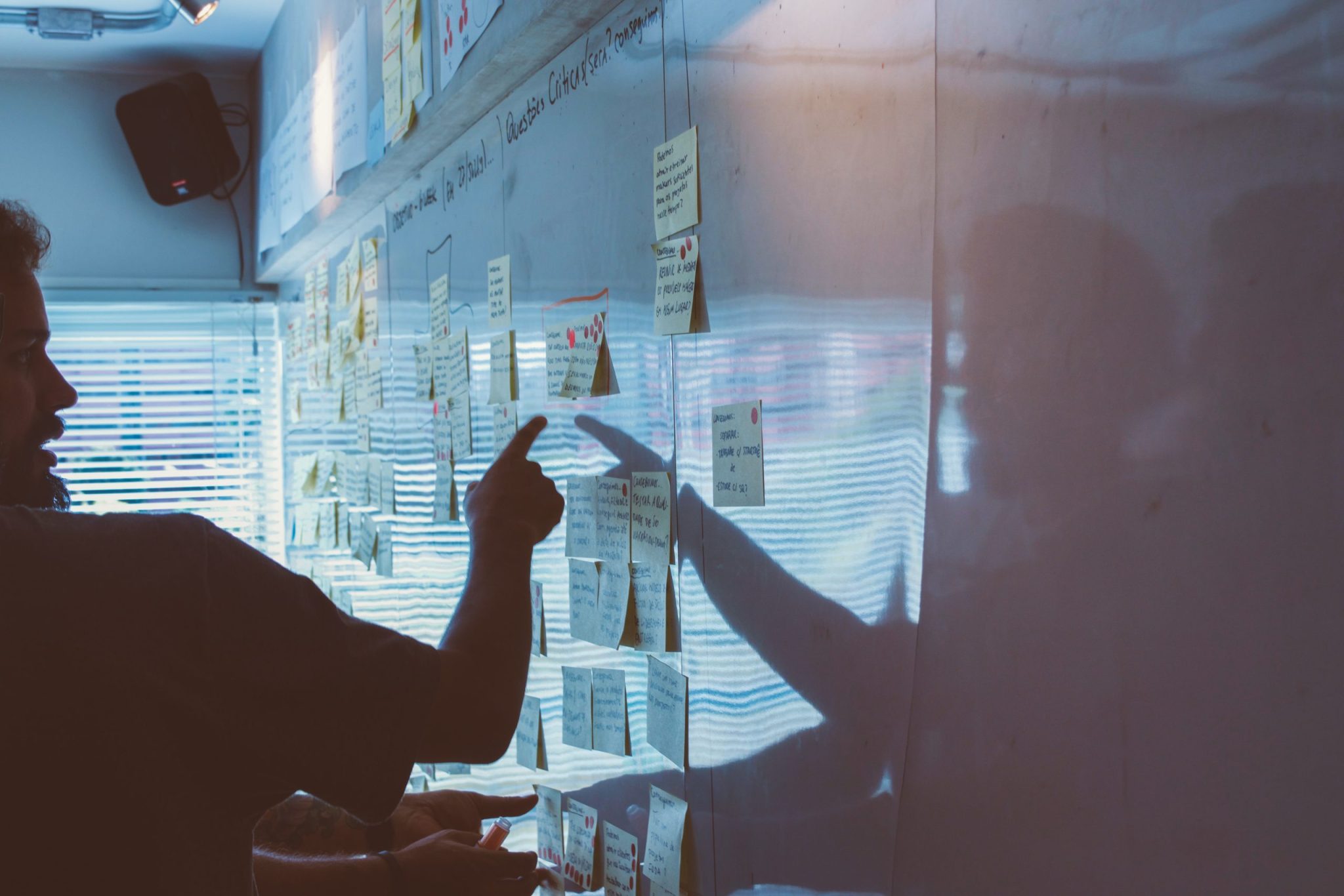Executive Summary
Ukraine has one of the most vibrant civil societies in the world. In the decade since it launched and led the Revolution of Dignity, Ukrainian civil society has held successive governments’ feet to the fire while at the same time cooperating with authorities to build world-leading tools of transparent and accountable governance. In other countries, non-profit researchers, advocates, and activists are sometimes viewed as wonks and do-gooders advancing narrow or elite interests, but in Ukraine, civil society has achieved broad legitimacy as the beating heart of the nation. And while civil societies elsewhere focus mainly on the watchdog role of monitoring governance, Ukrainian civil society specialists draft the
most important laws, advocate for their passage, collaborate with the government to implement policy initiatives, and send up signal flares to the Ukrainian public, diplomatic circles, and other foreign observers when reforms go off the rails.
Following Russia’s full-scale invasion in February 2022, Ukrainian civil society mobilized like never before. In the area of humanitarian crisis response alone, the number of Ukrainian NGOs more than tripled from 150 to more than 450. Influencers with strong international ties pivoted to advocating for the provision of weapons. Researchers who are adept at tracing corporate footprints dedicated their talents to exposing international businesses that remain in Russia or have ties to actors supporting the Russian war effort. Legislative advocates pivoted to drafting the laws needed to meet the preconditions for starting the EU accession process. This has been a whole-of-society response.
Ukrainian civil society actors are also organizing to support what they hope will be a recovery and reconstruction process that features unprecedented transparency, accountability, and integrity. Three coalitions of NGOs—RISE Ukraine; Resilience, Reconstruction, and Relief for Ukraine (RRR4U); and Reanimation Package of Reforms (RPR)—bring together experts to build transparent tools for reconstruction, develop recovery principles, collaborate with the government, align international engagement, and more.
This paper presents for the first time a new survey of Ukrainian CSOs focused on recovery and reconstruction. Respondents are listed on pages 6 and 7. Half specialize in advocacy and analysis, doing the research and promotion needed to launch projects such as platforms to index destroyed properties and new approaches to calculating compensation, as well as other tools. The other half either monitor for risks such as corruption or provide social services—for example, organizing volunteers to remove debris in the wake of Russian attacks. Only 11% of the NGO respondents in our survey operate in more than one of these functional areas, which illustrates their professional adherence to their respective areas of specialization. While this helps protect against duplicative efforts and conflicts of interests, it also underscores the need for coalitions to collaborate across silos. Half of all NGOs working on recovery and reconstruction participate in a coalition.
When asked about the key problems they face, NGOs involved in recovery and reconstruction pointed to numerous examples ranging from lack of human capital (a challenge exacerbated by the war) to systemic funding shortfalls. Many regional and new organizations need professional capacity development in order to be institutionally prepared to receive and safeguard foreign assistance. But the most common gap NGOs mention is the absence of a mechanism of direct cooperation between Ukrainian civil society and the donor community—a need that could be met by the creation of a civil society advisory board to work with the G7’s donor coordination platform.
Survey responses demonstrate that NGOs can offer donors nuanced guidance. For example, on the process of selecting implementing partners, NGOs advise that donors scrutinize the track record of potential grantees in order to safeguard funds from corruption—the biggest risk to recovery and reconstruction foreseen by survey respondents—and that donors should also work with young organizations formed in response to new needs on the ground in Ukraine.
Taking into consideration these survey responses from Ukrainian CSOs, this study makes concrete recommendations for international partners looking to help elevate Ukrainian civil society:
- Give Ukrainian NGOs an advisory seat at the donor coordination table.
- Provide capacity-building support to professionalize recovery-related NGO initiatives.
- Establish a system for the selection of qualified implementing partners in Ukraine.
- Enter the Ukrainian context through NGO coalitions.
- Use DREAM and work with Ukrainian civil society to make this the most transparent reconstruction ever.
- Insist that all projects include partners not only in the public and private sectors but also Ukrainian NGOs.
In addition to recommending policies and approaches for donors looking to deepen engagement in Ukraine, this study introduces donors and investors to the landscape of Ukrainian civil society. It is meant to serve as a resource guiding the international community toward segments and actors of Ukrainian civil society that can help navigate opportunities and challenges on the ground. If a donor or investor wishes to engage in a particular sector relevant to Ukrainian recovery and reconstruction—agriculture, education, energy, health, local governance, anti-corruption, digitalization, internally displaced persons (IDPs), public finances, foreign policy, and so on—this study points them toward NGOs that could serve as informed local partners. The coalitions of NGOs focused on recovery and reconstruction are also helpful entry points.
Ukrainian civil society has hit the ground running to organize for an unprecedentedly transparent and accountable process of recovery and reconstruction. Civil society organizations know that their active involvement will be just as critical to a modern Marshall Plan as it was to meeting other historic national needs from 2014 to 2022. This should be welcomed and supported by all who hope to see Ukraine rebuild as a robust democracy under the rule of law that is ready for Euro-Atlantic integration. To lay the groundwork for that future, donors and other international partners should take steps now and throughout the process of recovery and reconstruction to coordinate with Ukrainian civil society.






